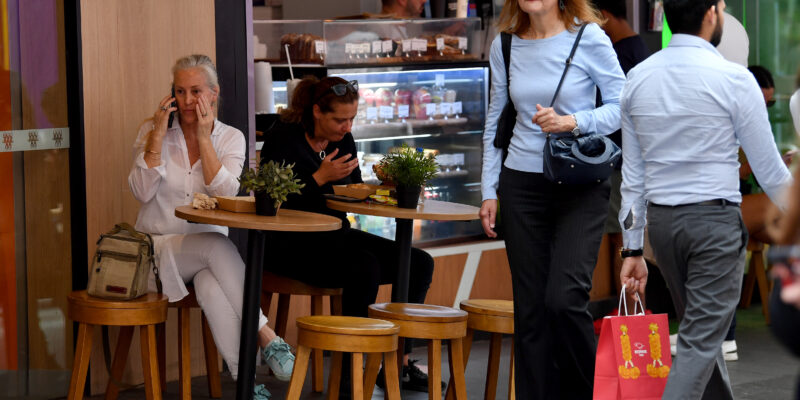Hmmm … no job, no income but $35m cash to buy a house?
Anti-money laundering and counter terrorism financing law reforms introduced next July aim to weed out the dodgy behaviours in the Australian property market. AUSTRAC overseeing the changes highlights extreme real-life examples.

‘IF A woman identifying herself as a housewife offers to buy a Sydney property for $35 million – in cash – should it have been reported to authorities?
At time it happened, apparently not. The case was cited by AUSTRAC Chief Executive Brendan Thomas as one example of Australia’s $68 billion a year money-laundering racket.
And he tells the Australian Conveyancer’s inaugural Settlement Day podcast (details below), a “significant proportion” of those billions in cash is being washed through real estate.
“They’re looking for places where they can hide it or keep it for long periods of time without it losing value,” Thomas says.
“And so, we see criminal organisations storing illicit wealth in the purchases of Australian real estate.”
Hence last year’s case of the hugely wealthy housewife. She was identified as a member of a family that bought a total of $170 million in Sydney property.
“One family,” said Thomas, “with connections to people on the Interpol Red List.”
The Red List comprises fugitives wanted by worldwide law enforcement bodies, with member nations urged to arrest and hold them pending extradition proceedings.
There are over 6,000 listed. You can see the names and faces of most on Interpol’s website. Six are believed to be in Australia.
“One of those purchases was $35 million,” Thomas explained. “And the person’s stated occupation was a housewife.
“That should have raised suspicion everywhere. It didn’t because there was no requirement to do that.”
A loophole to be plugged by next year’s enforcement of the federal government’s Tranche 2 Anti Money Laundering and Counter Terrorism Financing regulations.
They will require conveyancers, lawyers, real estate agents and accountants to report suspicious transactions.
It’s a duty that concerns our other podcast guests, AIC NSW President Jennie Tonner and AIC Victoria President Shakila Maclean – given that they don’t have police powers or sources of intelligence.
“Are you suggesting the conveyancer should be saying to the client, well, where did you get this money from?” asked Maclean.
Thomas concedes it’s an extreme example, “but in this case, a short internet search would have highlighted the family connections this person had with known criminal organisations.
“The person was coming from an overseas high risk crime jurisdiction, and they had $35 million worth of cash that they were putting down, on a property in a very expensive part of Sydney.”
He says practitioners aren’t being asked to be financial crime detectives. They have no legal authority to demand information.
But if they can’t get straight answers to simple questions about the source of wealth, that’s a red flag.
“We just ask you to do what’s reasonable, to try and satisfy yourself,” Thomas says.
“If you can’t satisfy yourself through reasonable checks, that’s when you put in a suspicious matter report to us.”
Watch the Settlement Day video podcast in full now






